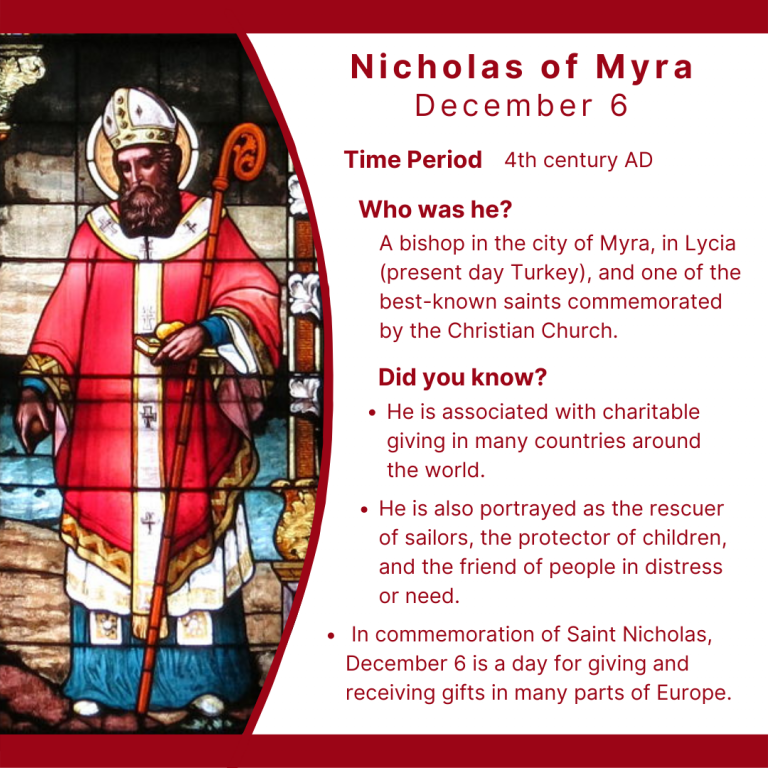A key named “Promise”

Giant Despair
In the late fifteenth and sixteenth centuries, a spiritual epidemic spread across England, infecting Christians with the belief that God would not forgive them. They desperately wanted to be saved, but they believed they had been shut out from grace. This condition—”despair,” as it was called—robbed people of hope and drove many to commit suicide.
You see people wrestling with this issue in the literature of the day—in Edmund Spenser’s Faerie Queene and the religious poetry of the Anglican priest and poet John Donne, for example. But perhaps we see it most clearly in John Bunyan’s classic The Pilgrim’s Progress. Here the character Christian is taken prisoner by Giant Despair, thrown into a dungeon, beaten daily, and goaded to take his own life—something he would, in fact, do if his friend Hopeful wasn’t there to keep him from self-harm.
This last tale is particularly moving because we know Bunyan himself struggled with despair. In his spiritual autobiography, he writes how, for two years, he suffered under the belief his sins were unforgivable. The Scriptures offered no relief; all he read was God’s anger at and condemnation of sin. For two years, Bunyan perceived nothing but “damnation, and expectation of damnation.”
The cure
But of course, John Bunyan did not stay forever in despair. The cure finally came when he learned to distinguish Law from Gospel. Bunyan learned at least some of this from Martin Luther himself, whose Commentary on Galatians happened to come into his hands. It was, Bunyan says, “most fit for a wounded conscience”—most fit, that is, for a conscience down in despair. So taken by the book was he that Bunyan would later say he counted it second only to the Scriptures themselves.
What Luther taught and what Bunyan had come to believe was that the Gospel offers the only answer to the accusations of the Law. Yes, the Law shows us our sin. Yes, we must accept the testimony of Scripture that we are sinful people deserving death and hell. But the Gospel, not the Law, gets the final word. The Good News is that Christ bore our sins on the cross. His death and resurrection set us free from the guilt of sin!
It was this Gospel that finally won Bunyan from despair. The Gospel prodded constantly at his heart, calming his fears. He recalls: “Scripture, in these flying fits would call as running after me, ‘I have blotted out as a thick cloud thy transgressions, and as a cloud thy sins. Return unto me for I have redeemed thee’ (Isaiah 44:22).”
Bunyan could find no cure for despair in himself. No, the cure could only be found in the promises of Christ—in the Gospel. And so it is that, in The Pilgrim’s Progress, Christian only escapes Giant Despair when he remembers he carries a key in his bosom. The key’s name is “Promise,” and it opens the prison doors.
The key’s name is “Promise,” and it opens the prison doors.
Despair was not Bunyan’s problem alone. It existed long before Bunyan, and it continues to plague people long since. We see glimpses of it in ourselves when we worry that we have finally sinned too much. When we fear our faith is not strong enough to save. When we’ve let God down one too many times. But just as it did with Bunyan, Scripture comes running after us in these moments, reminding us of the promises of Christ. The Holy Spirit is at work in the Word, drawing us ever to Himself, opening our hearts to believe the promises of God.
Tangible grace
And God doesn’t stop at just speaking to us; he reaches out to us physically as well—with water, with bread, and with wine. He reminds us of His grace, indeed, offers us His grace tangibly in baptism and holy communion. At baptism, God claims you as one of His own children. No matter where you have been or what you have done, you can return again to that grace. “The truth of the promise once made remains steadfast,” Luther writes, “always ready to receive us back with open arms when we return.” By reflecting on our baptisms, we find anew the promise of God’s mercy.
So too with holy communion. In this meal, Christ gives us his body and blood in bread and wine for the forgiveness of sins. No matter how we’ve failed God, in this meal we are reminded that Christ’s sacrifice was for us—that it bought forgiveness for our sins. It is medicine for the sick, Luther reminds us, medicine for “those who are weary and heavy-laden with their sins, with the fear of death, temptations of the flesh and of the devil.” And we are all of us sick with sin. We are all of us broken. That’s why we go to the sacrament: for forgiveness, encouragement, and strengthening.
 This issue of The Canadian Lutheran reminds us to do just that: seek God and His mercy where He has promised to put them—in His Word and sacraments. We see how God’s Word went calling after one woman, prying at the doors of her heart. We read how baptism remains relevant every day of our lives. And we reflect anew on how communion makes it possible to have fellowship with God and one another.
This issue of The Canadian Lutheran reminds us to do just that: seek God and His mercy where He has promised to put them—in His Word and sacraments. We see how God’s Word went calling after one woman, prying at the doors of her heart. We read how baptism remains relevant every day of our lives. And we reflect anew on how communion makes it possible to have fellowship with God and one another.
When our consciences would condemn us, we must turn to the promises of God. His promises never fail. Whatever our sins, whatever our fears, whatever our unbeliefs, they cannot stand against the overwhelming mercy of God, spoken to us in Scripture, poured over us in baptism, and fed into us in holy communion. No, they cannot stand, for the promises of God are strong and sure—greater than any power despair may wield over us.
——————–
Mathew Block is editor of The Canadian Lutheran magazine.



